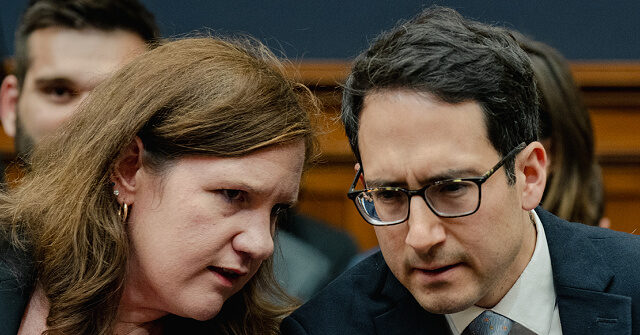CDC Warns About Elevated Risk Of Dengue Fever
Authored by Jack Phillips via The Epoch Times (emphasis ours),
The U.S. Centers for Disease Control and Prevention on Tuesday sent an alert to health officials and providers about relatively elevated levels of dengue fever cases.
The Centers for Disease Control and Prevention headquarters in Atlanta on April 23, 2020. (Tami Chappell/AFP via Getty Images
“Dengue activity remains high in some parts of the United States and globally, with many countries reporting higher-than-usual numbers of dengue cases in 2024 and 2025,” the CDC warned in a bulletin.
The agency urged health care providers and state and local health agencies, along with the public, to take steps to detect and prevent dengue.
Transmission remains high in North America and South America, including in Puerto Rico and the U.S. Virgin Islands, both territories of the United States, the CDC said.
“Spring and summer travel coincides with the peak season for dengue in many countries, increasing the risk of both travel-associated and locally acquired cases in the United States,” the CDC said in an alert.
The federal health agency pointed to data, updated as of March 10, that shows more than 13 million cases of dengue reported in North America, Central America, and South America, as well as the Caribbean region. It noted that local transmission of the virus was reported in Florida, California, and Texas last year.
Also known as “break-bone fever” because it can be so painful, dengue is transmitted by the Aedes aegypti mosquito. Four different but related viruses cause the disease: dengue virus 1, 2, 3, and 4, according to health officials.
The World Health Organization says that about half the world’s population is at risk of getting the disease and that there are 100 million to 400 million infections every year. Symptoms can include fever, severe headaches, and pain in muscles and joints. There is no widely available medicine for treating dengue infections.
Last year, the CDC sent out a similar health alert about an increased risk of dengue infections across the United States.
“Global incidence of dengue in 2024 has been the highest on record for this calendar year; many countries are reporting higher-than-usual dengue case numbers,” the CDC said in its June 2024 advisory.
Some people can experience no signs or symptoms of a dengue infection. But when symptoms do occur, they can be mistaken for another illness such as influenza. Symptoms usually start between four and 10 days after being bitten by a dengue-infected mosquito, according to the Mayo Clinic. The virus generally causes a high fever of 104 degrees Fahrenheit and can include several other symptoms.
These include muscle, bone, or joint pain; vomiting; nausea; pain behind the eyes; swollen glands; and a rash. In some cases, the symptoms can become life-threatening in what is known as “severe dengue,” dengue hemorrhagic fever, or dengue shock syndrome, the clinic says on its website.
The severe symptoms often can occur after the fever goes away and can include persistent vomiting, abdominal pain, fatigue, rapid breathing, bleeding gums or nose, blood in stool or…










